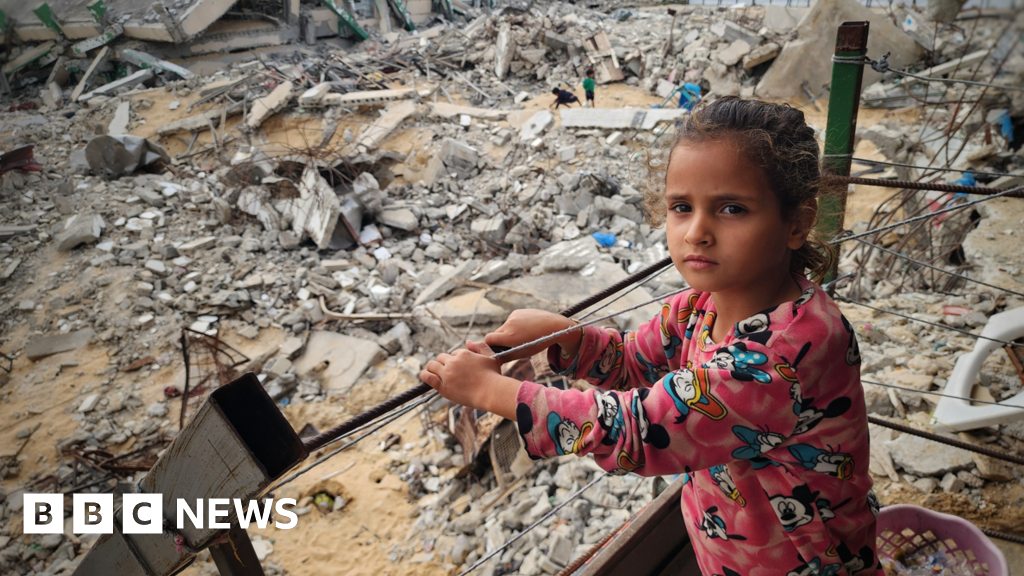IRAN'S top military chief reportedly suffered a heart attack during a brutal interrogation over claims he was behind Israel's terror cull.
According to unconfirmed reports, Brigadier General Esmail Qaan, 67, was transferred to a hospital after a grilling by Iran’s Islamic Revolutionary Guard Corps.
It is not known what his current condition is, Sky News Arabia reports.
Rumours of espionage began to swirl after the death of Hezbollah leader Hassan Nasrallah in Israel's October 4 strike on a bunker in Beirut.
His disappearance sparked claims that he is the traitor behind Israel’s incredible cull of Hezbollah's top brass.
Qaani has not been heard of - even by his family - since the blitz on Hezbollah top brass.
He was believed to have died alongside Hezbollah heir apparent Hashem Saffeieddine, 60, in the bunker blast.
But sources in Lebanon, Iraq and Iran have since revealed Qaani was not at the meeting.
And he dodged another strike a week earlier in which Hezbollah leader Nasrallah was blitzed.
His vanishing act sparked consternation across Iran’s panicked military as rumours spread that he had turned on the evil Islamist regime.
Qaani leads Iran's powerful Revolutionary Guard’s elite Quds Force and has been confirmed to be “alive and in good health” by the regime.
He is also being probed over the September 27 bunker buster assassination of Nasrallah, 64.
Nasrallah’s death sparked a desperate hunt for Israel’s mole by the Guard Corps - whose investigators are now said to suspect their own leader.
Major Israeli airstrike in Beirut targeting senior Hezbollah figure kills at least 22 and wounds hundreds-
Multiple sources said that Qaani and his team were under lockdown as interrogators demand answers.
Qaani became head of the Quds Force - the IRGC’s overseas unit - after the US killing of its previous leader, Qassem Soleimani, in January 2020.
Israel has succeeded in wiping out dozens of enemy commanders across the region with intelligence led assassinations and its incredible pager and walkie-talkie bomb blitz.
They included Safieddine, who is believed to have been killed at a meeting of Hezbollah’s Shura Council in Beirut which Qanni was due to attend.
Qaani was, at first, thought to have been killed or wounded but has since emerged that he pulled out of the meeting.
On Tuesday, Iraj Masjedi, deputy commander of the Quds Force and former Iranian ambassador to Baghdad said Qaani was “in good health and is carrying out his daily duties”.
The commander of an armed faction close to Iran said: “The Iranians have serious suspicions that the Israelis have infiltrated the Islamic Revolutionary Guard Corps, especially those working in the Lebanese arena, so everyone is currently under investigation.
“Nothing is certain at the moment. The investigations are still ongoing and all possibilities are open.”
Iran's probe into Nasrallah's death have also focused on the final movements of Quds force commander Brigadier General Abbas Nilforoushan, who died alongside the terror chief.
Nilforoushan had only just taken over from Brigadier General Mohammad Reza Zahedi, who was killed in another Israeli strike on an Iranian consulate in Syrai in April.
Sources said Nasrallah had been outside Beirut’s southern suburbs the night before his killing, but returned to the area to meet with Nilforoushan in a secret operations room.
Nilforoushan, who had flown from Beirut from Tehran earlier, was taken directly from the plane to the bunker beneath in the Haret Hreik suburb.
And Nasrallah was killed by six enormous bunker-buster bombs as soon as he set foot in the meeting to join Qaani’s comrade.
Another source said: “The breach was 100 percent Iranian and there is no question about this part.”
Qaani was in Lebanon a week later and had been expected to attend the Shura Council meeting at Safieddine's invitation on the day of the air strike.
But he was reported to have Qaani apologised and backed out shortly before Israel struck again.
A Hezbollah source told Middle East Eye: “Israel targeted the venue of this meeting with a raid that was bigger and harsher than the raid that targeted Nasrallah.
“Safieddine’s head was what was wanted, and no one else.
“Qaani was invited to this meeting and under the current circumstances he should have been present.”



















 English (US) ·
English (US) ·